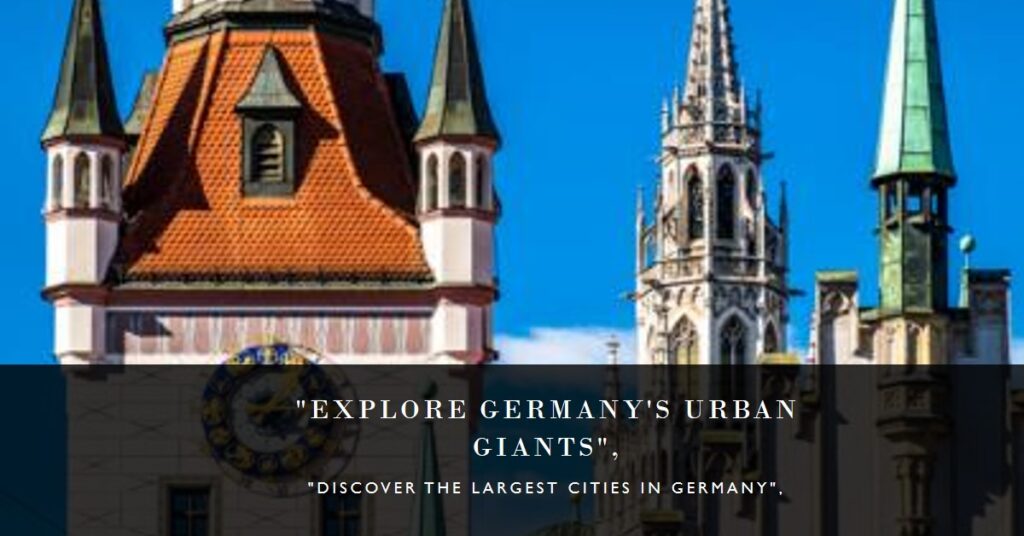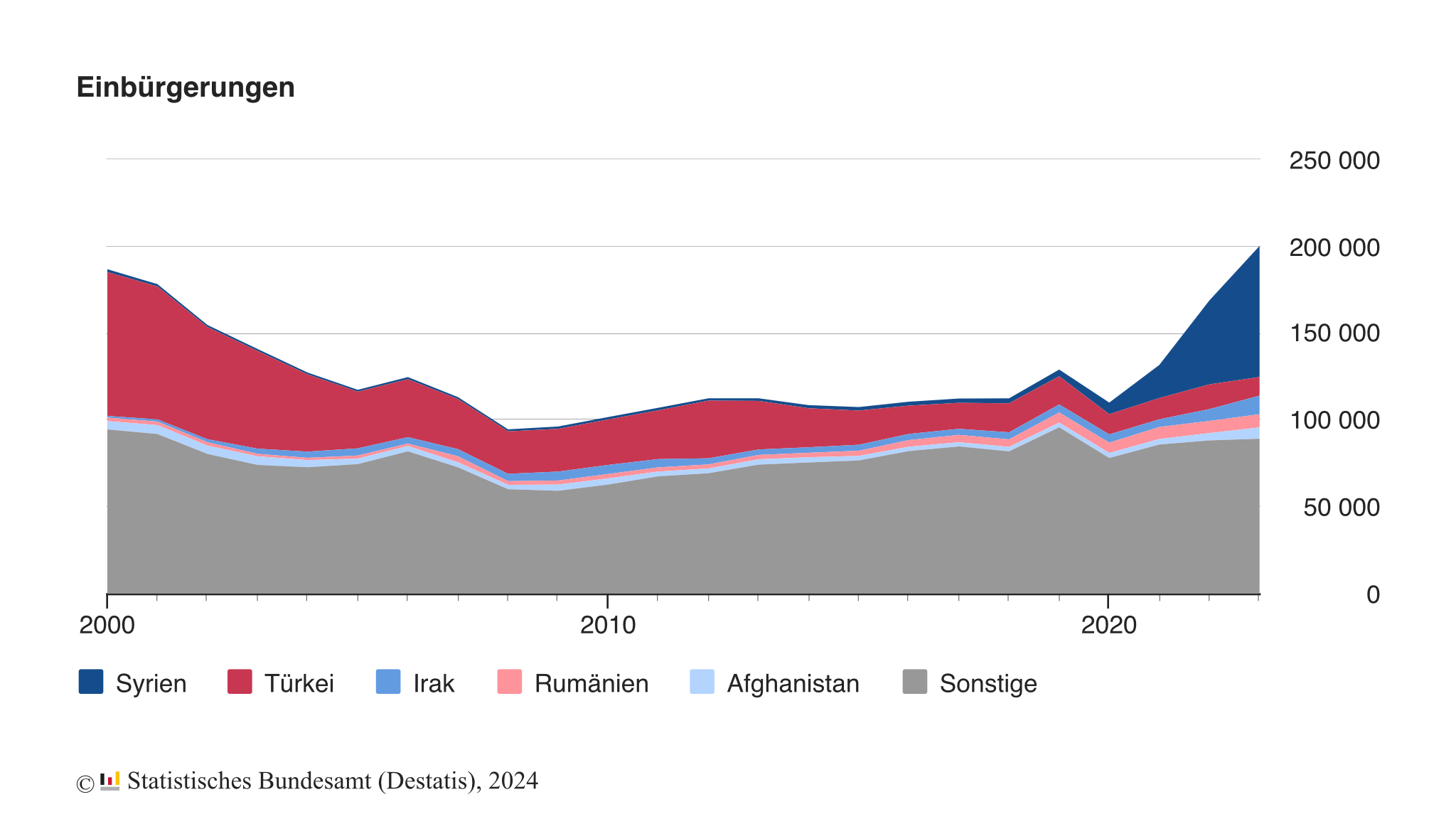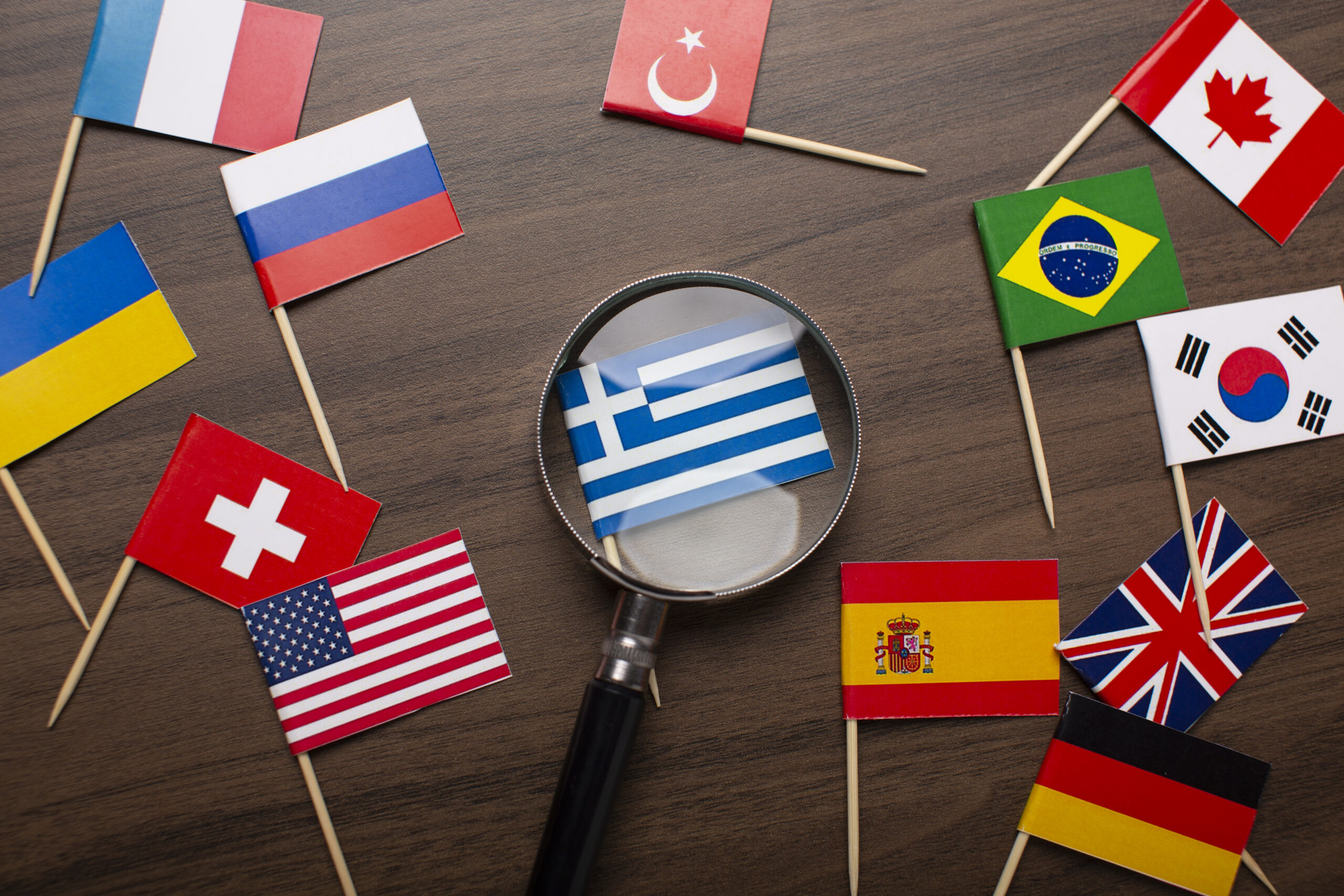
Introduction
Germany, a country renowned for its rich history, technological advancements, and beautiful landscapes, is also home to some of Europe’s most dynamic and exciting cities. From the bustling metropolis of Berlin to the historic charm of Munich, these urban centers offer a unique blend of culture, history, and modern living. But which German city truly reigns supreme in terms of population? Let’s embark on a journey to discover Germany’s largest cities.
What are the Criteria for a German City to be Considered “Large”?
To be classified as a “large city” in Germany, a municipality must have a population exceeding 100,000 inhabitants. This threshold ensures that these cities play a significant role in the country’s economy, culture, and politics.
Which German Cities Made the Cut?
Germany boasts a plethora of vibrant cities, each with its own unique character. However, only a select few can claim the title of the largest. Let’s delve into the top 15:
- Berlin: As the nation’s capital, Berlin is a melting pot of cultures, arts, and history. Its iconic landmarks such as the Brandenburg Gate and the Reichstag Building attract millions of visitors each year. Population: 3,886,046
- Hamburg: Known as the “Gateway to the World,” Hamburg is Germany’s second-largest city and a major port. Its canals, red-brick warehouses, and maritime history give it a distinctive charm. Population: 1,911,393
- Munich: The Bavarian capital is renowned for its Oktoberfest, its world-class museums, and its beautiful architecture. Population: 1,587,785
- Cologne: Home to the iconic Cologne Cathedral, this city is also known for its lively carnival celebrations and its thriving arts scene. Population: 1,087,353
- Frankfurt: As Germany’s financial center, Frankfurt is a modern metropolis with a skyline dominated by skyscrapers. Population: 775,790
- Stuttgart: The automotive heart of Germany, Stuttgart is home to both Mercedes-Benz and Porsche. Population: 633,484
- Düsseldorf: This elegant city is known for its fashion industry and its vibrant nightlife. Population: 655,717
- Leipzig: Often referred to as the “new Berlin,” Leipzig has experienced a cultural renaissance in recent years. Population: 632,562
- Dortmund: A major industrial city in the Ruhr region, Dortmund is known for its football club, Borussia Dortmund. Population: 612,065
- Essen: Another city in the Ruhr region, Essen is undergoing a transformation from an industrial center to a cultural hub. Population: 596,761
- Dresden: Known as the “Florence of the Elbe,” Dresden is famous for its Baroque architecture and its beautiful Elbe River. Population: 572,240
- Nürnberg: This historic city is renowned for its Christmas markets and its role in German history. Population: 544,876
- Hannover: The capital of Lower Saxony, Hannover is a major industrial and trade fair city. Population: 513,300
- Dresden: Known as the “Florence of the Elbe,” Dresden is famous for its Baroque architecture and its beautiful Elbe River. Population: 572,240
- Duisburg: Located in the Ruhr region, Duisburg is home to the largest inland port in Europe. Population: 503,707
What Makes These Cities So Special?
Each of these cities offers a unique blend of history, culture, and modernity. Whether you’re interested in art, history, or simply experiencing a different way of life, there’s a German city that’s perfect for you.
How Can I Learn More?
If you’re planning a trip to Germany or simply want to learn more about its largest cities, consider the following resources:
- Visit Germany: The official German tourism website offers comprehensive information on attractions, events, and accommodations.
- Local Tourist Boards: Each city has its own tourist board that can provide detailed information on local attractions and events.
- Online Forums: Websites like TripAdvisor and Reddit offer a wealth of information from travelers who have visited these cities.
By understanding the unique characteristics of each city, you can plan the perfect trip to Germany.
Would you like to explore a specific city in more detail?
Simplify your move to Germany with our FREE “German handbook”. This invaluable resource covers everything from visa applications and healthcare to cultural etiquette and social integration. Download your free copy today and start building a fulfilling life in Germany. Link to your German Handbook


